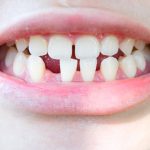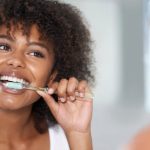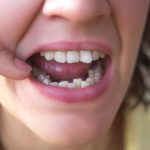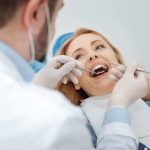Dentures Aftercare: Best Foods to Eat After Teeth Extraction and Denture Placement

Dentures aftercare is a critical aspect of maintaining optimal oral health after teeth extraction and denture placement. After undergoing a dental procedure, it is essential to take proper care of your gums and remaining teeth to avoid pain, swelling, and infection. One of the most crucial aspects of denture aftercare is choosing the right foods to eat after the procedure. By incorporating a nutritious diet into your aftercare plan, you can promote faster healing, reduce discomfort, and ensure that your dentures fit correctly. When it comes to selecting foods to eat after teeth extraction and denture placement, there are several factors to consider. Soft and easily chewable foods are ideal for the first few days after the procedure to allow the gums to heal properly. Additionally, foods that are rich in vitamins and minerals are crucial for maintaining overall oral health and promoting healing. In contrast, foods that are high in sugar or acids can aggravate the gums, leading to pain and inflammation. By following a balanced diet rich in whole foods, you can promote optimal oral health, reduce discomfort, and ensure that your dentures fit correctly for years to come.
Aftercare following teeth extraction and denture placement is crucial for the success of the procedure and the overall oral health of the patient. After teeth extraction, proper aftercare can help prevent infection, reduce swelling, and promote healing. Patients should follow their dentist’s instructions, which may include avoiding certain foods, taking pain medication, and using ice packs to reduce swelling. After denture placement, patients should continue to practice good oral hygiene, including regular brushing and flossing, to prevent any potential complications. Proper aftercare can help ensure the longevity of dentures, reduce the risk of infection, and maintain oral health. In addition, patients should follow a nutritious diet, incorporating soft and easy-to-chew foods to avoid damaging the dentures or causing discomfort. Overall, aftercare following teeth extraction and denture placement is essential for the success of the procedure and the long-term oral health of the patient.
Soft and easytochew foods

After undergoing teeth extraction and denture placement, it is crucial to follow a soft and easy-to-chew foods diet to ensure a smooth healing process. Soft foods are gentle on the gums and prevent any discomfort or pain caused by chewing hard or crunchy foods. Moreover, they are easy to swallow, reducing the risk of choking, especially among seniors or those with swallowing difficulties. A soft food diet can also help maintain proper nutrition by providing essential nutrients required for healing, such as protein, vitamins, and minerals. Some examples of soft and easy-to-chew foods include mashed potatoes, cooked vegetables, scrambled eggs, smoothies, yogurt, and pudding. In addition to a soft food diet, it is essential to avoid certain foods that can harm or damage the dentures or gum tissues, such as hard or sticky candies, nuts, seeds, popcorn, and tough meats. These foods can cause discomfort, pain, or even dislodge the dentures, leading to further complications. It is also recommended to avoid hot or spicy foods as they can irritate the gums and cause inflammation. Instead, opt for lukewarm or room temperature foods and beverages. Following a soft food diet is crucial for a speedy recovery after teeth extraction and denture placement, ensuring optimal healing and reducing the risk of complications.
After getting dentures, it is important to eat soft and easy to chew foods in order to avoid any discomfort or damage to the dentures. Some great options include cooked vegetables such as carrots, green beans, and sweet potatoes. Soft fruits like bananas, peaches, and canned fruits are also a good choice. In addition, eggs, tofu, and fish are high in protein and easy to chew. Soup, oatmeal, and yogurt are also great options for those who want a softer texture. It is important to avoid hard, crunchy, or sticky foods like popcorn, nuts, and chewing gum as they can damage the dentures and cause discomfort. By choosing the right foods, you can ensure a smooth and comfortable transition to life with dentures.
For those who have dentures or have recently had teeth extracted, certain food choices can be important for maintaining oral health and comfort. Soft, easy-to-chew foods such as cooked vegetables, scrambled eggs, and mashed potatoes are good choices as they are gentle on the gums and teeth. Additionally, foods high in protein, such as yogurt or fish, can aid in the healing process by providing essential nutrients. It is important to avoid hard or crunchy foods, as they can cause discomfort and potentially damage dentures or extraction sites. Overall, choosing nutritious and easy-to-eat foods can help promote healing and improve overall oral health for those with dentures or after teeth extraction.
Nutrientdense foods
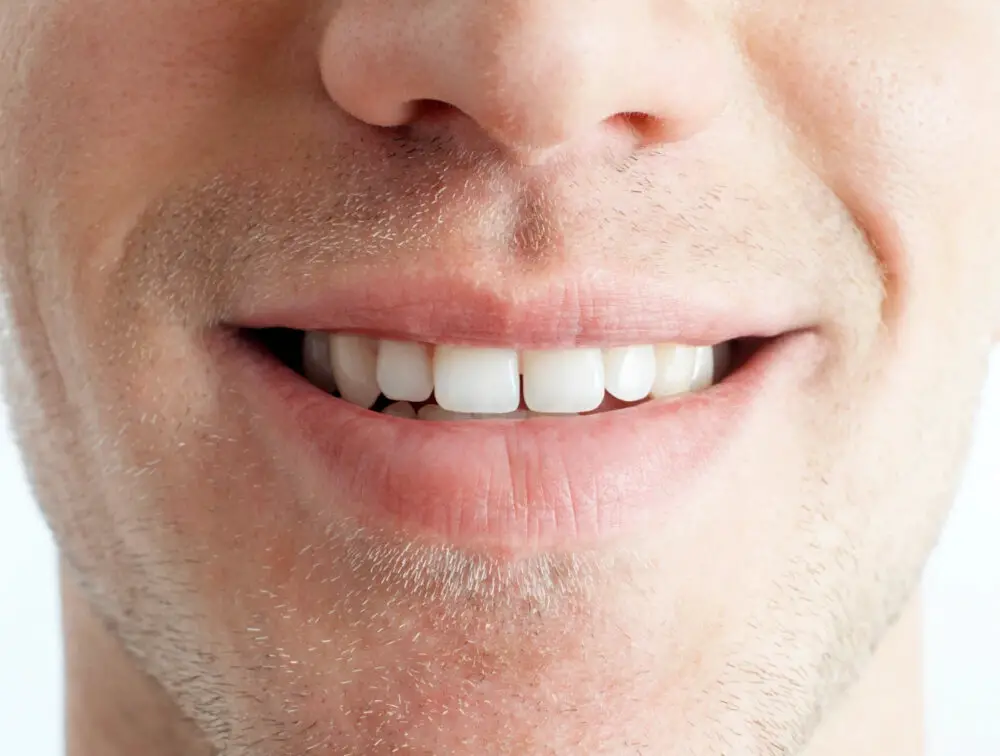
Nutrient-dense foods are vital for maintaining optimal health, especially during the post-denture placement phase. Consuming nutrient-dense foods not only aids in the healing process but also helps to maintain overall oral health. These foods are rich in vitamins, minerals, and other essential nutrients that support the body’s ability to repair itself. Some examples of nutrient-dense foods include leafy greens, colorful fruits and vegetables, nuts and seeds, whole grains, lean proteins, and healthy fats. Incorporating these foods into one’s diet can help to minimize the risk of infection, reduce inflammation, and promote faster healing. Leafy greens, such as spinach and kale, are excellent sources of calcium, vitamin K, and other essential nutrients that promote bone health. Colorful fruits and vegetables, such as berries, citrus fruits, and sweet potatoes, are packed with antioxidants that protect the body from harmful free radicals. Nuts and seeds, such as almonds and flaxseeds, are rich in healthy fats, fiber, and protein, which provide sustained energy and promote satiety. Whole grains, such as quinoa and brown rice, are excellent sources of fiber, vitamins, and minerals that support the digestive system. Lean proteins, such as chicken and fish, are essential for building and repairing tissues, and healthy fats, such as avocados and olive oil, help to reduce inflammation and promote heart health.
When it comes to aftercare following teeth extraction and denture placement, it is essential to focus on nutrient-dense foods. These foods provide essential vitamins and minerals that can help support the healing process and overall health. Some examples of nutrient-dense foods to include in your diet after teeth extraction and denture placement include leafy greens like spinach and kale, berries like blueberries and raspberries, fatty fish like salmon and sardines, nuts and seeds like almonds and chia seeds, and whole grains like quinoa and brown rice. By incorporating these foods into your diet, you can help support your body’s healing process and ensure that you’re getting the nutrition you need to maintain optimal health.
Proper denture aftercare and eating habits are crucial for overall health and healing. After teeth extraction and denture placement, the body needs adequate nutrition to heal and recover. Eating nutrient-dense foods like lean protein, fruits, and vegetables can help promote healing, reduce inflammation, and prevent infection. Additionally, practicing good oral hygiene habits and regularly cleaning dentures can help prevent oral health problems and ensure the longevity of the dentures. Overall, a healthy diet and proper aftercare can aid in the healing process and promote overall health and well-being.
Foods to avoid
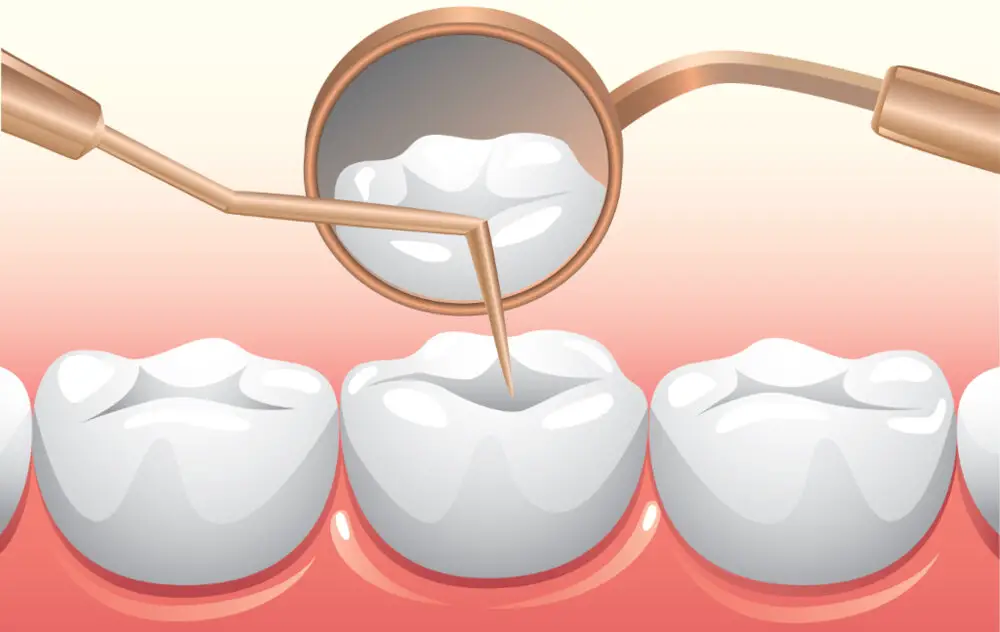
Proper aftercare is essential for quick healing after teeth extraction and denture placement. One of the most important aspects of aftercare is the type of foods you eat. Some foods can cause discomfort, pain, or even damage to your dentures. Therefore, it is crucial to avoid certain foods during the healing process. For instance, hard and crunchy foods such as nuts, chips, and popcorn can damage your dentures and cause irritation to the extraction site. Moreover, sticky foods such as caramel, chewing gum, and taffy can cause the dentures to dislodge, leading to pain and discomfort. Additionally, spicy and acidic foods such as citrus fruits, hot peppers, and vinegar can cause irritation and inflammation to the extraction site, slowing down the healing process. Therefore, it is best to avoid these foods until you have fully healed. Another group of foods to avoid during the healing process are those that require excessive chewing. These foods can cause pain and discomfort, and in some cases, dislodge the dentures or cause bleeding. Examples of such foods include meat, raw vegetables, and fruits. Instead, it is best to opt for soft and easy-to-eat foods such as mashed potatoes, soup, scrambled eggs, and smoothies. These foods are gentle on the extraction site and do not require excessive chewing, making them ideal for the healing process. Furthermore, it is essential to stay hydrated during the healing process by drinking plenty of fluids such as water, milk, and juice. However, do not drink from a straw as this can dislodge the dentures and cause bleeding. By avoiding the foods mentioned above and opting for soft, easy-to-eat foods, you can ensure a quick and comfortable healing process after teeth extraction and denture placement.
After undergoing teeth extraction or denture placement, avoiding certain foods is crucial to promote healing and prevent complications. Hard and crunchy foods like nuts, chips, popcorn, and raw vegetables should be avoided as they can irritate the extraction site and dislodge the denture. Sticky and chewy foods like caramel, taffy, and gum should also be avoided as they can stick to the denture and cause discomfort. Acidic and spicy foods like citrus fruits, tomatoes, and hot sauces should be avoided as they can cause pain and irritation to the extraction site. Instead, it is recommended to consume soft and non-acidic foods like mashed potatoes, scrambled eggs, cooked vegetables, and yogurt to support healing and minimize discomfort.
Consuming foods that are hard, sticky, or chewy can be harmful to the healing process after teeth extraction or denture placement. These types of foods can create pressure on the healing area, causing pain and slowing down the recovery process. Additionally, they can dislodge or damage dentures, leading to discomfort and the need for costly repairs. It’s important to avoid these types of foods and stick to a soft, easy-to-chew diet to ensure proper healing and to maintain the longevity of dentures. Opting for nutrient-rich foods like fruits, vegetables, and proteins can also promote healing and provide necessary nutrients for overall oral health.
Tips for eating with dentures
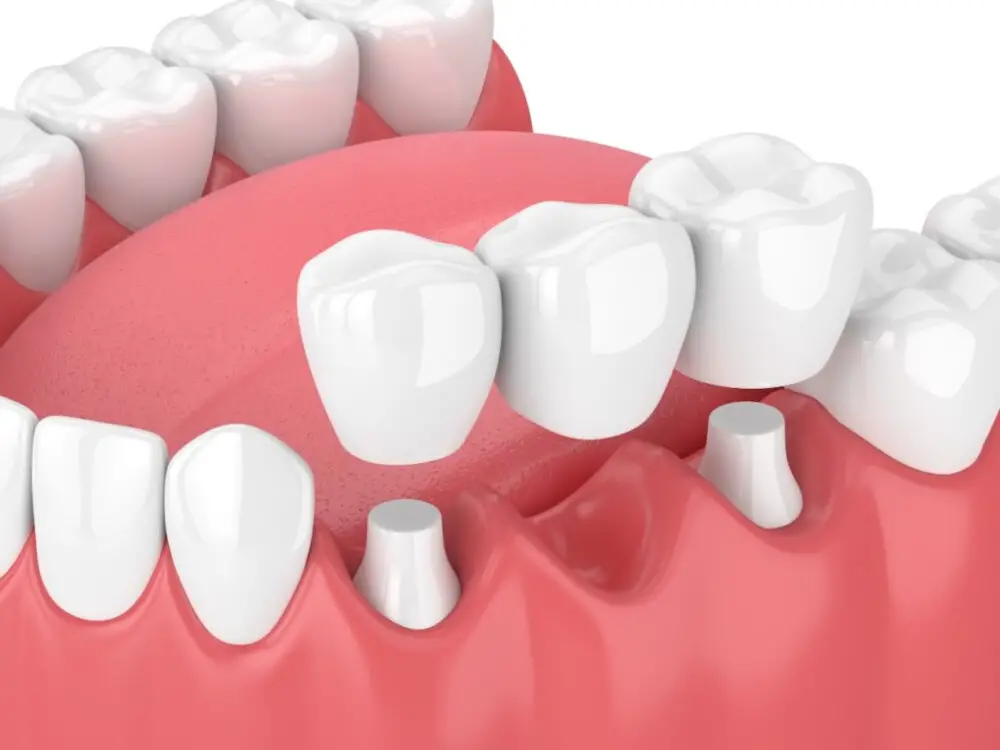
Eating with dentures can be a daunting task for many people, especially those who are new to wearing them. However, with the right tips and techniques, eating with dentures can become a comfortable and enjoyable experience. Firstly, it is important to start with soft foods that are easy to chew and swallow. This can include soups, mashed potatoes, scrambled eggs, and yogurt. As you become more comfortable with your dentures, gradually introduce harder foods such as cooked vegetables, meats, and fruits. It is also recommended to avoid sticky and hard foods such as caramel, hard candy, and nuts, as they may dislodge the dentures or cause discomfort. Another tip for eating with dentures is to take small bites and chew slowly. This will allow you to get used to the feel of the dentures and avoid any potential discomfort. It is also important to make sure that the dentures are securely in place before eating, as this will prevent them from slipping or moving around in your mouth. Additionally, it is recommended to avoid using your front teeth to bite into food, as this can cause the dentures to become dislodged. By following these tips and techniques, eating with dentures can become a comfortable and enjoyable experience.
Eating with dentures can be challenging, especially in the first few weeks after getting them. To make the transition easier, it’s important to start with soft, easy-to-chew foods and cut them into small pieces. Avoid sticky, hard, or tough foods that can dislodge or damage your dentures. It’s also important to take small bites and chew slowly, using both sides of your mouth equally. Drinking plenty of water with your meals can also help lubricate your mouth and make it easier to chew and swallow. With patience and practice, you’ll soon be able to enjoy all your favorite foods again.
Proper technique is essential for comfort and function when it comes to dentures aftercare. Improper technique can cause discomfort, pain, and even damage to the dentures themselves. For example, if dentures are not cleaned properly, they can become stained, develop odors, or even lead to infections. Similarly, if they are not fitted correctly, they can cause discomfort and irritation to the gums and mouth. Therefore, it is important to follow the aftercare instructions given by your dentist to ensure that your dentures function properly and provide you with the comfort you need. This includes proper cleaning techniques, regular checkups with your dentist, and avoiding certain foods that can damage your dentures.
Proper aftercare and good food choices are crucial for individuals who have undergone teeth extraction or denture placement. Following the recommended aftercare instructions can help prevent complications and promote healing. It is important to maintain good oral hygiene, avoid smoking, and eat a soft, nutritious diet during the recovery period. Additionally, choosing the right foods can help prevent damage to dentures and minimize discomfort. Soft foods like yogurt, mashed potatoes, and soup are easy to eat and won’t cause irritation to the gums. Avoiding hard, sticky, and crunchy foods can also prevent damage to dentures and reduce the risk of infection. By following these guidelines, individuals can ensure a smooth recovery and maintain their oral health.
Conclusion

In conclusion, taking care of your dentures after teeth extraction and placement is crucial to ensure a smooth and comfortable transition to a new set of teeth. Eating the right foods can make a significant difference in the healing process and overall oral health. Incorporating soft, nutritious, and easy-to-digest foods into your diet can help you avoid discomfort, irritation, and other complications. Remember to avoid hard, sticky, or crunchy foods that can damage or dislodge your dentures. By following these aftercare tips and maintaining good oral hygiene practices, you can enjoy a healthy and confident smile with your new dentures.

